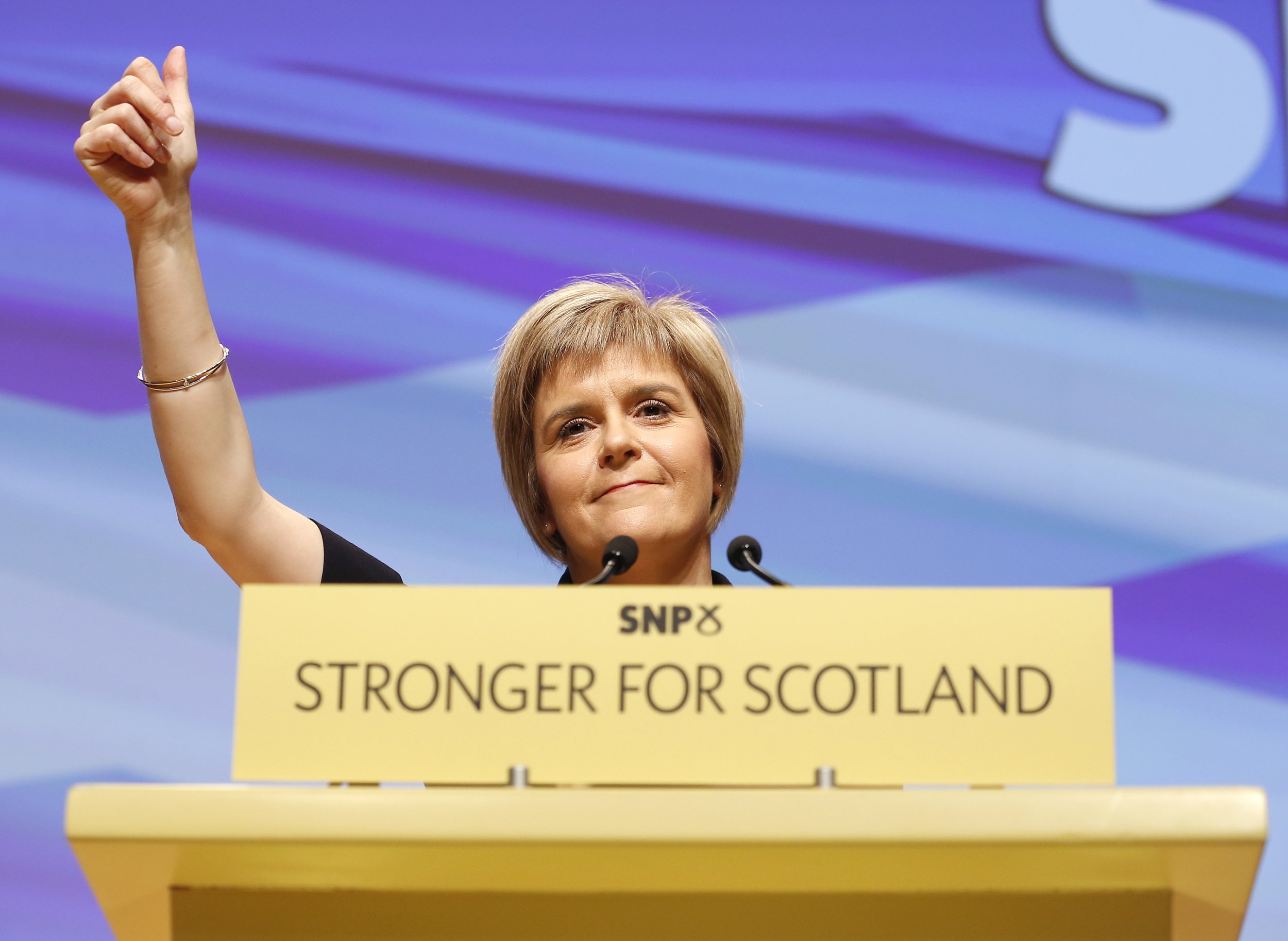
A new model to predict the outcome of the UK election has put the chances of any one party gaining an outright majority at just 5.5%, with the most likely outcome being a coalition or working alliance between Labour and the Scottish National Party (SNP).
Developed by polling company Populus, the model uses both national and constituency polls to calculate the probability of the various outcomes of the May 7th election - the most closely contested in living memory.
The model puts the likelihood of a coalition in which 's Labour is the largest party at 64%, one in which David Cameron's Conservative party is the largest at 30.4%, and an outright majority for Labour or the Conservatives at just 2.7% and 2.8% respectively.

The most likely outcome predicted by the model is a Labour coalition or alliance with the SNP at 23.7%, an outcome which would see the Scottish nationalists demanding increased powers for Holyrood and perhaps even a new referendum on Scottish independence. Most polls see the SNP winning between 30 and 40 seats in Scotland, up from six at present, and potentially unseating prominent Labour and Lib Dem figures such as shadow foreign secretary Douglas Alexander and chief secretary to the treasury Danny Alexander.
The second most likely outcome is a Labour coalition with the Liberal Democrats at 20.4%, while the third most likely is a Conservative government relying on an alliance with both the Lib Dems and the Democratic Unionist Party (DUP) from Northern Ireland.
The rise of minority parties such as the UK Independence Party (Ukip), the SNP, Welsh nationalists Plaid Cymru and the Green Party has strained Britain's 'first-past-the-post' voting system, traditionally famous for delivering strong, majority governments. With both major parties almost neck-and-neck in the polls, both in the low 30s, there is a prospect of the largest party being forced to form a coalition with two other parties in order to secure a working majority - an unprecedented situation in British politics.
The Populus model, puts the overall likelihood of a three-party coalition or alliance at 36.4%.
Speaking to the Financial Times, Rick Nye, managing director of Populus, said the polling company would be updating the model week by week, and assessing the likelihood of who would become prime minister after May 7th. He also pointed out that the largest party would not necessarily be the one to form a government.
The model also takes into account certain political realities, such as the probability of parties forming coalitions. The SNP, for example, has ruled out forming an alliance with the Conservatives.
A separate YouGov poll published in the Times newspaper today found that the election campaigns of all four major national parties so far are viewed as being dishonest. 54% of those polled said that the Conservative campaign had been dishonest, with 25% saying it was honest, compared to scores of 52% to 26% for Labour, 53% to 20% for the Lib Dems and 52% to 22% for Ukip. Only the Green Party's campaign is seen as honest, although only by a fairly narrow margin, with 38% saying the party has been honest and 26% saying it's been dishonest.
Uncommon Knowledge
Newsweek is committed to challenging conventional wisdom and finding connections in the search for common ground.
Newsweek is committed to challenging conventional wisdom and finding connections in the search for common ground.
About the writer
Barney is the news editor for Newsweek Europe. Twitter: @BarneyGuiton
To read how Newsweek uses AI as a newsroom tool, Click here.






